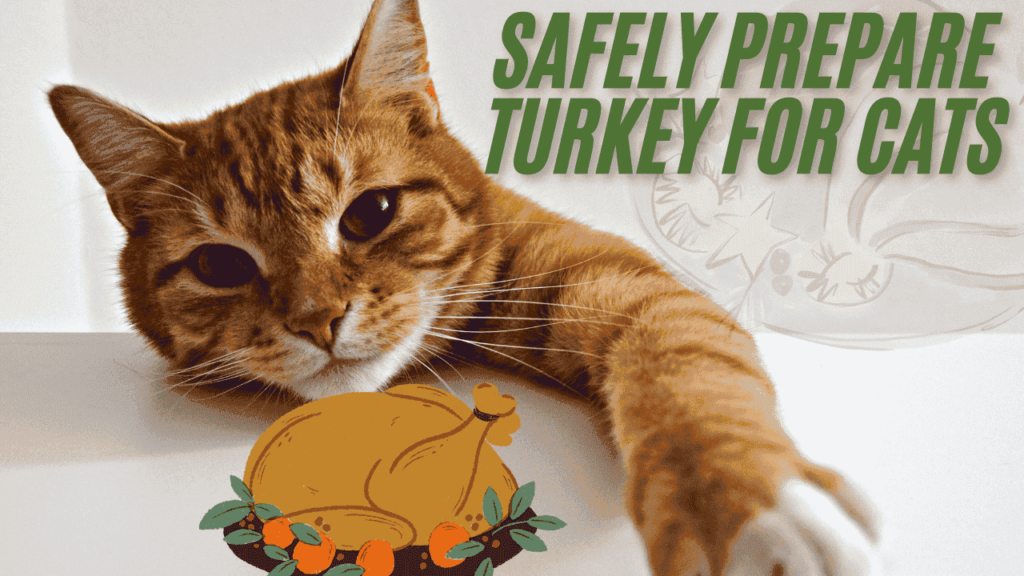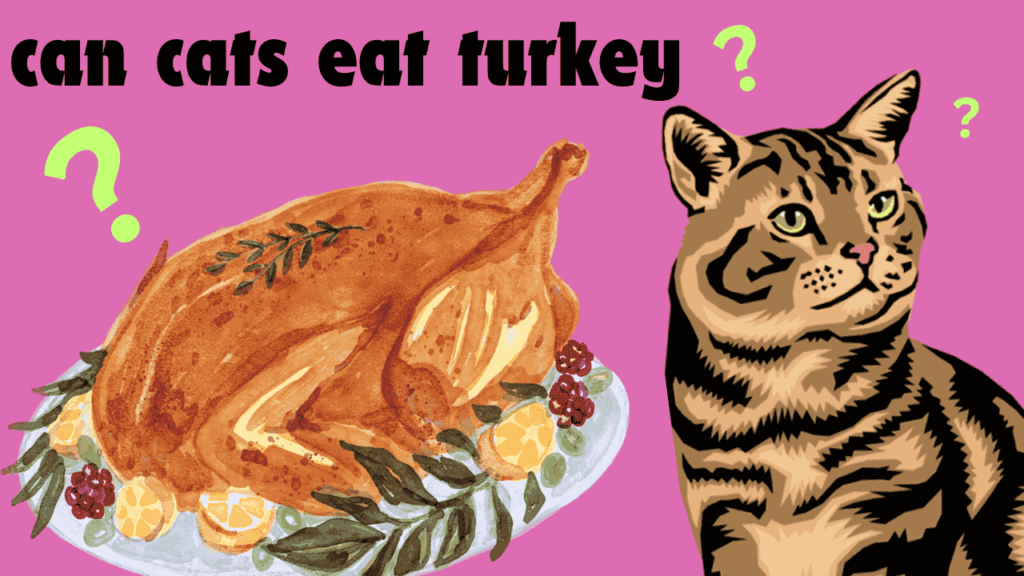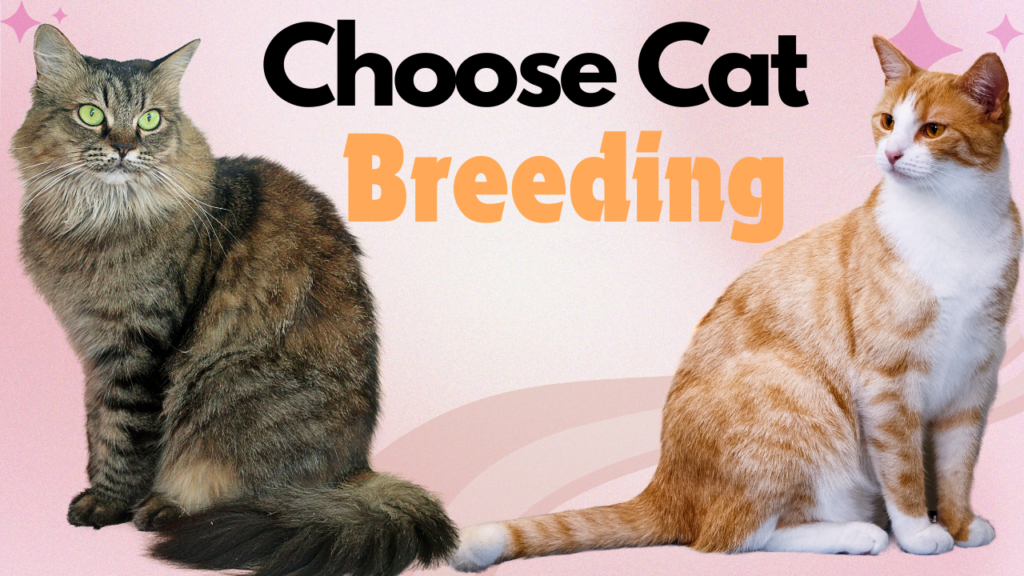As pet owners, we often find ourselves wondering which human foods are safe for our feline companions. One common question is: Can cats eat turkey? The simple answer is yes, cats can eat turkey, but there are essential details and precautions to consider before sharing this treat with your furry friend. In this comprehensive guide, we explore everything you need to know about feeding turkey to cats, including its benefits, risks, and best practices.
Is Turkey Safe for Cats?
Turkey is a highly nutritious meat that can be a safe and delicious treat for cats when prepared correctly. As obligate carnivores, cats require protein in their diets to thrive, and turkey is an excellent source of lean protein, vitamins, and minerals.
However, not all turkey preparations are suitable for cats. The safety of turkey for cats depends on factors such as how it is cooked, whether it contains seasonings or additives, and how it is served.
Nutritional Benefits of Turkey for Cats
Including turkey in your cat’s diet can provide a variety of health benefits:
1. High-Quality Protein
Turkey is an excellent source of premium protein, essential for promoting muscle growth, facilitating tissue repair, and supporting overall development in cats. Protein is essential for maintaining a cat’s energy levels and supporting their immune system.
2. Essential Vitamins and Minerals
Turkey is a natural source of:
- Vitamin B6 and B12: These vitamins aid in red blood cell production and support neurological health.
- Niacin (Vitamin B3): Important for energy metabolism and skin health.
- Phosphorus and Selenium: These minerals contribute to strong bones, teeth, and cellular repair.
3. Low Fat Content
Lean cuts of turkey, such as turkey breast, are low in fat and calories, making them an ideal treat for cats that need to maintain a healthy weight.

Risks of Feeding Turkey to Cats
While turkey can be beneficial, there are potential risks that cat owners should be aware of:
1. Bones Can Be Dangerous
Turkey bones, especially when cooked, can splinter and cause choking, intestinal blockages, or internal injuries. Never feed your cat cooked bones.
2. Harmful Additives and Seasonings
Turkey prepared with salt, garlic, onion, or other seasonings can be toxic to cats. These ingredients can cause gastrointestinal upset, anemia, or more severe health issues.
3. Risk of Overfeeding
Turkey should be offered as an occasional treat rather than a regular meal replacement. Overfeeding turkey can lead to nutritional imbalances, especially if it replaces their cat-specific diet.
How to Safely Prepare Turkey for Cats
To ensure turkey is safe for your cat, follow these preparation tips:
1. Choose Plain, Unseasoned Turkey
Always select plain turkey without any added spices, sauces, or marinades. Processed turkey products like deli meat should be avoided due to high sodium and preservatives.
2. Cook Thoroughly
properly cooking turkey is essential to destroy harmful bacteria like salmonella. Baking, boiling, or grilling without oil or butter are ideal methods.
3. Remove Skin and Fat
The skin of turkey contains a high fat content and can be challenging for cats to digest properly. Remove it along with any visible fat to reduce the risk of digestive issues.
4. Avoid Bones
Ensure all bones are removed before serving turkey to your cat. Offer only small, manageable pieces of boneless meat.

Portion Control and Serving Suggestions
With their small stomachs, cats require careful portion management to avoid overeating. Here are some serving guidelines:
- Small Treats: Offer turkey as an occasional treat in small portions, about the size of a dice.
- Mix with Regular Food: Shredded turkey can be mixed with your cat’s regular food to enhance flavor and nutrition.
- Avoid Overindulgence: Treats, including turkey, should not exceed 10% of your cat’s daily caloric intake.
Can Cats Eat Raw Turkey?
While some pet owners advocate for raw diets, feeding raw turkey to cats comes with significant risks. Raw poultry may contain harmful bacteria like salmonella or E. coli can cause food poisoning in cats, leading to serious health issues. If you choose to feed raw turkey, ensure it is sourced from a reputable supplier and handled with strict hygiene practices.
Turkey Alternatives for Cats
If turkey isn’t an option or your cat doesn’t enjoy it, consider these protein-rich alternatives:
- Chicken: Another lean and digestible meat suitable for cats.
- Fish: Options like salmon and tuna can be given occasionally, but in moderation due to mercury content.
- Beef: Cooked, unseasoned beef is a hearty option for cats.
Signs Your Cat Likes or Dislikes Turkey
Cats are known for their picky eating habits. When offering turkey, observe their behavior:
- Positive Signs: Eager eating, purring, or licking lips indicate enjoyment.
- Negative Signs: Avoidance, vomiting, or diarrhea suggest intolerance. Discontinue feeding and consult your vet if symptoms persist.
When to Consult a Veterinarian
It’s wise to consult your veterinarian before adding turkey or any unfamiliar food to your cat’s diet. This is especially important if your cat has underlying health conditions, food allergies, or sensitivities.
Conclusion: A Treat Worth Sharing
Turkey can be a delightful and nutritious treat for cats when prepared properly. By following safety guidelines and offering it in moderation, you can share this tasty food with your feline friend while ensuring their health and well-being.
# : READ ANOTHER POSTS
1 : Can Cats Eat Seaweed? The Nutritional Benefits and Potential Risks Explained
2 : Can Cats Eat Peanuts? A Comprehensive Guide
4 : How to Tell If a Stray Cat is Pregnant: Comprehensive Guide for Caregivers


